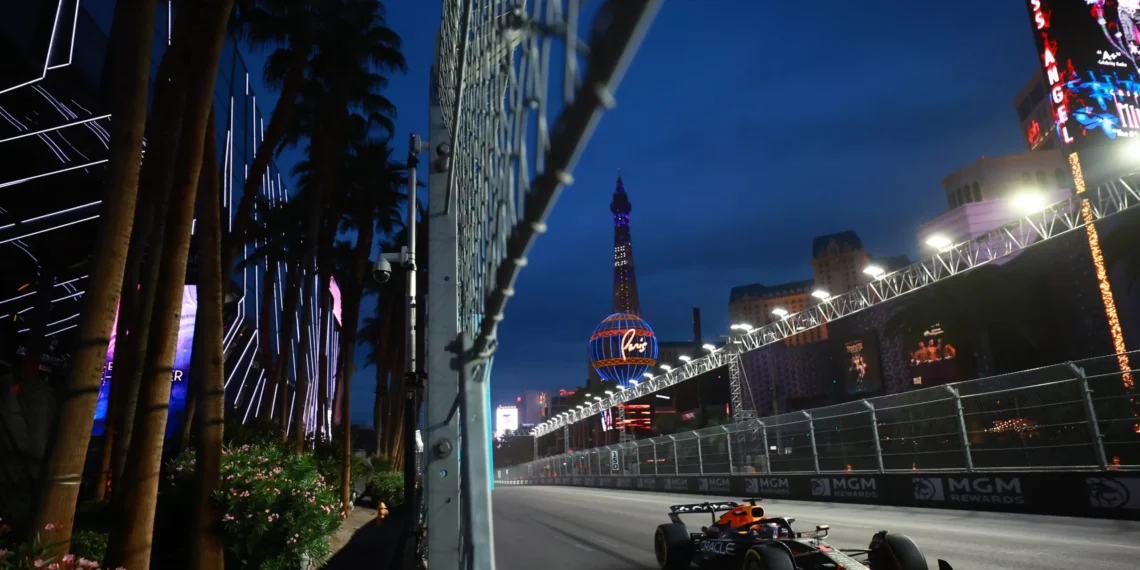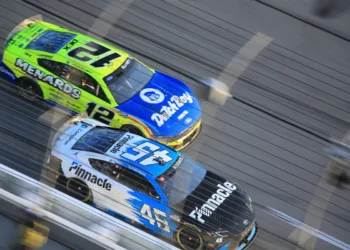Red Bull Racing Faces Firestorm Over Controversial Engine Swap: Is It Time to Rewrite the Rulebook?
In a dramatic twist ahead of the Brazil Grand Prix, Red Bull Racing has ignited a fierce controversy over its decision to swap out Max Verstappen’s power unit, stirring up a hornet’s nest of debate surrounding Formula 1’s cost cap regulations. Despite McLaren’s explosive allegations that the move violates the spirit of the rules, Red Bull stands firm, claiming their actions are “absolutely within the regulations.”
Verstappen’s early exit from Q1 at Interlagos allowed Red Bull to implement sweeping changes to his RB21, including fitting a brand-new engine. This came as a shock since Verstappen had already exhausted his full allocation of engine components for the season. But here’s the kicker: because Verstappen was set to start from the pit lane due to alterations made post-qualifying, the usual grid penalties for exceeding engine quotas didn’t apply.
McLaren, however, has raised eyebrows, questioning whether such an engine change—arguably more focused on performance than reliability—should be counted under the cost cap. Unlike Red Bull, which has a complex relationship with Honda as a works team, McLaren operates as a customer, incurring direct costs for their engines. This disparity is at the heart of McLaren’s grievances, as they believe that the current regulations favor teams with works relationships.
The FIA has acknowledged this grey area, admitting that the lack of clear guidelines on what constitutes a legitimate engine swap creates room for interpretation and potential exploitation. FIA single-seater director Nikolas Tombazis commented on the dilemma, stating that distinguishing between reliability and strategic changes is a challenge they are ill-equipped to handle. “It’s a weakness in the current regulations,” he lamented, highlighting a significant loophole that teams are eager to exploit.
Red Bull’s chief engineer, Paul Monaghan, responded defiantly to the situation, saying, “What we did is defendable, it’s legitimate.” He emphasized that engine changes are not uncommon in F1, pointing to similar instances throughout the current generation of cars. Yet, when pressed about whether the swap fell outside the cost cap, Monaghan dodged the question, leaving room for speculation and interpretation.
The stakes are high, and tensions are palpable as the season heads toward its conclusion. McLaren’s technical director, Neil Houldey, voiced concerns over the inherent unfairness of the current system, lamenting that customer teams like theirs cannot capitalize on strategic engine changes as works teams can. “It is definitely something that a works team can use that someone like us who is purely independent cannot take advantage of,” he stated, highlighting the ongoing disparity between different team structures.
As the FIA prepares to revise the regulations for next season, introducing a cost cap specific to power unit manufacturers, the current drama underscores the need for clarity and consistency within the sport. Tombazis assured that these changes will eliminate such contentious debates in the future, stating that manufacturers would be dissuaded from making strategic changes due to the financial implications.
With the championship on the line and teams jockeying for position, this saga is far from over. Will Red Bull’s engine swap become a pivotal moment that leads to a seismic shift in F1 regulations, or will the status quo prevail? As the final race approaches, all eyes will be on the FIA to see how they navigate this minefield of controversy and competition. The battle lines are drawn, and the future of Formula 1 hangs in the balance.










